May 28, 2025 | 15:48 GMT +7
May 28, 2025 | 15:48 GMT +7
Hotline: 0913.378.918
May 28, 2025 | 15:48 GMT +7
Hotline: 0913.378.918
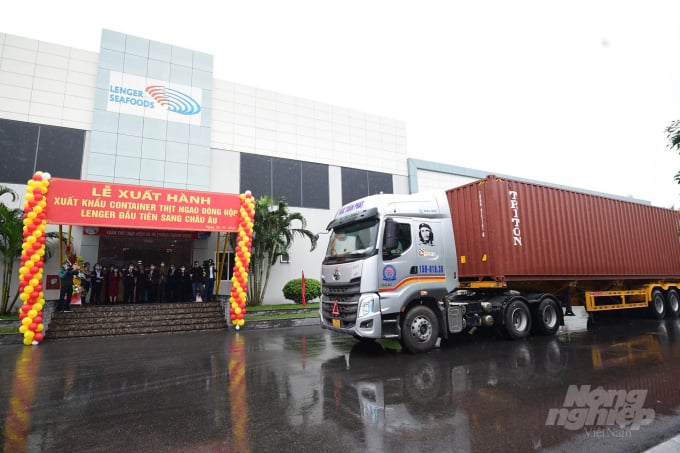
The first batch of 200,000 cans of clam meat from Vietnam was exported to Europe. Photo: Tung Dinh.
The container of canned clam meat was part of an order placed by the Spanish market for Lenger Vietnam Seafood Co., Ltd. The order totals 2 million cans (10 containers), and production and shipment will continue until 2022.
Canned clam meat is produced using clams harvested from clam farms in Nam Dinh province, processed and packaged according to high-quality standards.
Director Tran Dinh Luan of the Directorate of Fisheries commented on the milestone, stating that it creates a positive signal: "The exportation of canned clam meat products to Europe shows that we can effectively control farming areas and ASC-certified material areas, and the production process meets the stringent requirements of the European market."
Mr. Tran Dinh Luan said that the exporting deal is a positive outcome of the EVFTA free trade agreement, as it would result in future market expansion for Vietnam's seafood exports.
According to the Director of the Directorate, mastering this manufacturing method would enable the clam farming business to reduce its dependence on the fresh market and take the lead in raw material production and processing for export.
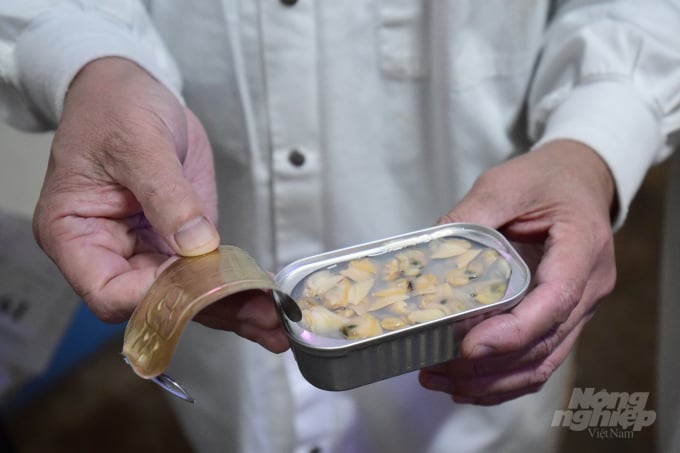
Canned clam meat products are highly appreciated by the European market. Photo: Tung Dinh.
A representative of Lenger Vietnam Company said that this is the result of the company's efforts in developing a canned clam meat manufacturing line, as well as consistently seeking consumers and expanding the market.
The company has installed and put into production a line of advanced equipment that can receive raw clams, clean sand and mud, boil clams meat, wash the meat, and clean the clams. The products are then canned, sterilized, and packaged with a capacity of 12 million boxes per year.
Following various tests and the completion of the manufacturing process, samples of canned clam flesh were examined on a rotating basis by European clients. To date, the business has received its first order for 2 million boxes in 2022 which is equivalent to 2,000 tons of raw clams.
The business is finalizing processes to introduce canned clam flesh into domestic supermarket chains and natural food shops.
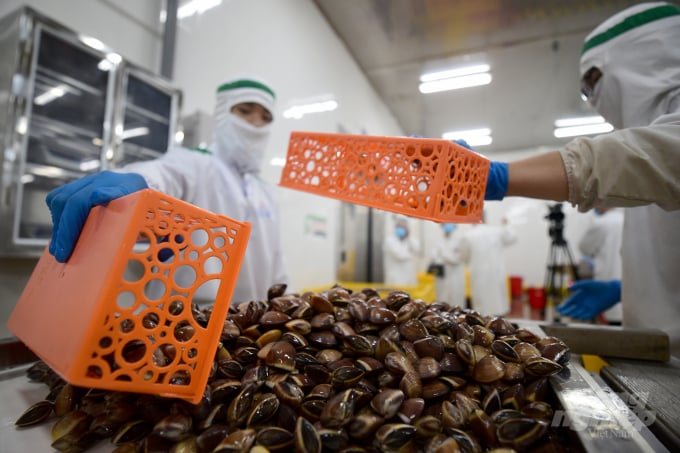
Canned clam meat is produced from clams harvested from farms in Nam Dinh Province, produced under a strict processing process and quality standards. Photo: Tung Dinh.
The production of and finding export orders for clam meat is believed to have contributed to promoting the clam farming industry in Nam Dinh province and the northern coastal provinces, diversifying products processed from clams, and increasing export revenue of the country.
Lenger Seafoods Vietnam Seafood Co., Ltd plans to finish the manufacturing line in the near future and is aggressively seeking markets and prospective consumers for its canned clam meat product in Japan, Korea, and Russia.
The company is doing research to develop other canned goods using clam species farmed in the North, broadening canned seafood items for export and home consumption.
Translated by Linh Linh
/2025/05/27/4731-2-223159_980.jpg)
(VAN) No votive paper, no styrofoam, no plastic bags, no plastic bottles, and no single-use plastic trays are the key rules tourists should keep in mind when visiting Con Dao.

(VAN) In the fight against plastic pollution, Vietnam has been demonstrating a proactive, pioneering, and active role in addressing the greatest environmental challenge today.
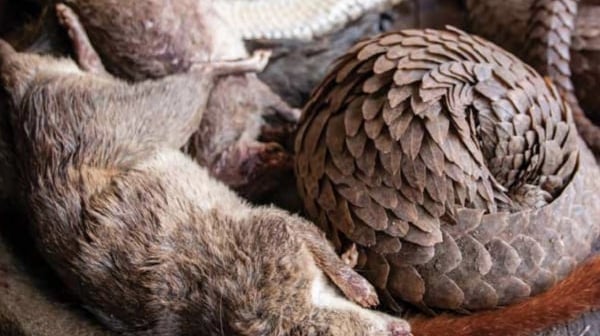
(VAN) The WOAH guidelines provide a vital tool for risk chain analysis, covering the extraction, transportation, consumption, and handling of confiscated wildlife.
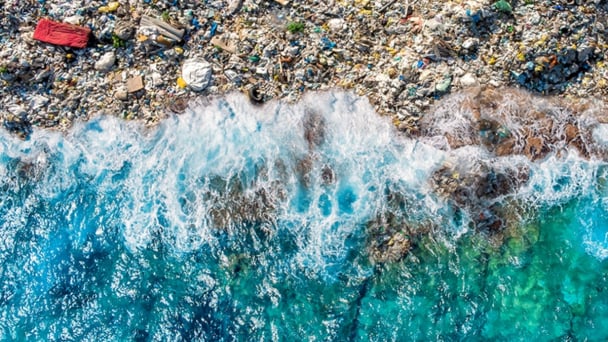
(VAN) World Environment Day 2025 is launched by the United Nations Environment Programme (UNEP) with the theme 'Beat Plastic Pollution'.
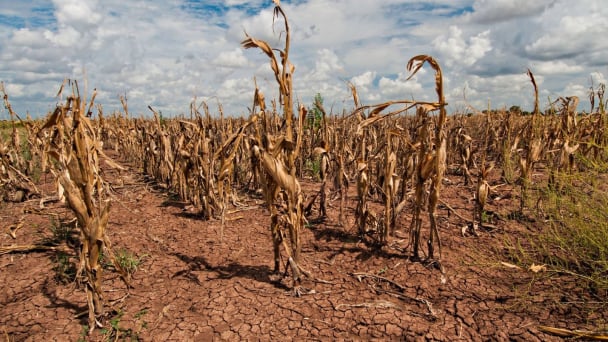
(VAN) As climate whiplash reshapes yields, experts say data-driven tools and targeted relief are critical to feed America.
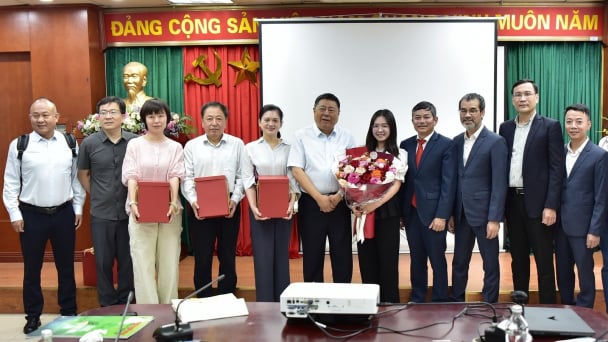
(VAN) The alignment in goals and operational direction between the Vietnam Agriculture and Nature Newspaper and Shaanxi Daily opens up promising prospects for journalism and media cooperation.
/2025/05/26/3422-3-102748_432.jpg)
(VAN) Prime Minister Pham Minh Chinh has been honored as the Distinguished ASEAN Leader at the ASEAN Leadership and Partnership Forum (ALPF) 2025 held in Malaysia, affirming Vietnam’s role and reputation.